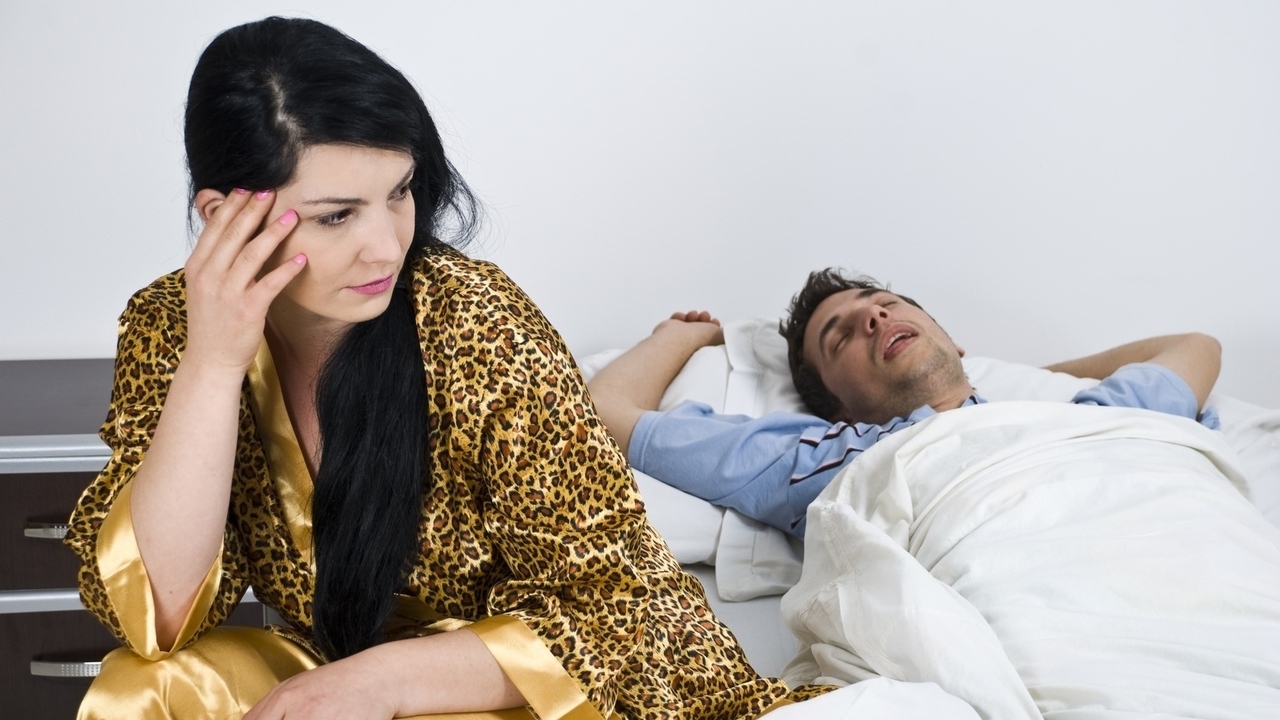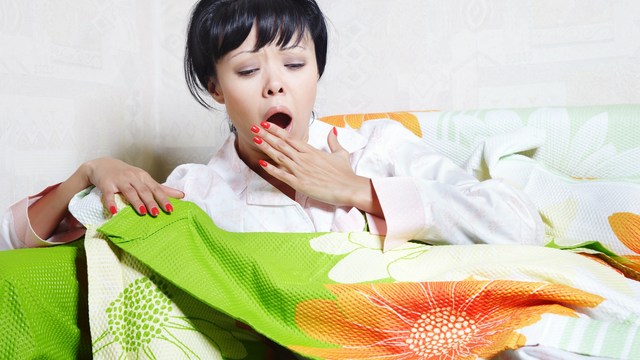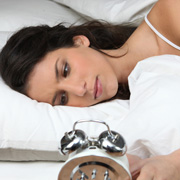Sleep apnea, which is a sleep disorder that is often not taken seriously by family, puts the person suffering from sleep apnea at an increased risk of having a silent stroke.
A small study even pointed out that those who suffer from sleep apnea are more likely to have small lesions in their brain, proof of which shows up through imaging procedures like a CT scan or an MRI.
Sleep apnea is a potentially life-threatening sleep disorder that has roots in your airway passage. It is characterized by a disturbed state of sleep in which you pause breathing several times every hour while sleeping, for anything between a few seconds to a minute each time. Resumption of breathing is generally automatic and follows choking or gasping for breath.
The findings of the study on sleep apnea and silent stroke connection were presented at the American Stroke Association's International Stroke Conference 2012 by the researchers of the Dresden University Stroke Center's Department of Neurology, Germany.
According to Jessica Kepplinger, M.D., the study's lead researcher and stroke fellow in the Dresden University Stroke Center, “We found a surprisingly high frequency of sleep apnea in patients with stroke that underlines its clinical relevance as a stroke risk factor. Sleep apnea is widely unrecognized and still neglected. Patients who had severe sleep apnea were more likely to have silent strokes and the severity of sleep apnea increased the risk of being disabled at hospital discharge.” (1)
A silent stroke is a medical event where the person does not feel or exhibit any visible and palpable symptom of a stroke like dizziness, weakness, inability to speak or partial paralysis of face muscles, etc.
In other words, a person who suffers a silent stroke is unaware that they have suffered a stroke. However, the stroke does damage their brain cells and puts them at an increased risk of having either a major stroke or a mini-stroke in the future. (2)
Some of the key findings of the research were:
• 91 percent of the patients who had a stroke also had sleep apnea and were more likely to have silent strokes.
• The same group of patients (patients who had a stroke) had white matter lesions that increased risk of disability at hospital discharge.
• Patients who experienced more than five episodes of sleep apnea every night were associated with the silent strokes.
• More than 33 percent of the patients with white matter lesions had severe sleep apnea.
• More than 50 percent of the silent stroke patients had sleep apnea.
• Men were more likely to have silent strokes but the correlations between sleep apnea and silent infarcts/strokes remained the same for both men and women.
White matter of the brain (also known as grey matter) primarily transmits signals between areas of the brain that process information. White matter lesions are small areas of dead cells that are found in the white matter of the brain.
Such lesions could be found in those of 65 years of age or in those who suffer chronic and acute migraines, stroke and Alzheimer’s disease, etc. (3)
According to Kepplinger, “Demographic characteristics in our study are comparable to western European populations, but our findings may not be entirely generalizable to other populations with diverse ethnicities such as in the U.S.” (4)
The study has sent a message to doctors that they should treat sleep apnea with as much gravity as other risk factors to a stroke such as hypertension, etc. At the same time more study was recommended on sleep apnea for high-risk patients with silent stroke and white matter lesions so that the impact of non-invasive ventilation and on short-term clinical outcome could be determined. (5)
SOURCES:
1. Sleep Apnea Linked to Silent Strokes, Small Lesions in Brain; Science Daily News; Web April 2012; http://www.sciencedaily.com/releases/2012/02/120201094323.htm
2. Silent Stroke and Sleep Apnea. HuffPost Healthy Living. Web April 2012.
http://www.huffingtonpost.com/dr-michael-j-breus/sleep-apnea_b_1342311.html
3. What Are White Matter Lesions?; Wise Geek; Web April 2012; http://www.wisegeek.com/what-are-white-matter-lesions.htm
4. Silent strokes more common in people with sleep apnea; Digital Journal; Web April 2012; http://digitaljournal.com/article/318888
5. Sleep apnea linked to silent strokes, small lesions in brain; American Heart Association - Newsroom Home; Web April 2012; http://newsroom.heart.org/pr/aha/sleep-apnea-linked-to-silent-strokes-221516.aspx
INFORMATION IN THIS ARTICLE IS NOT MEDICAL ADVICE. ALL INFORMATION GIVEN IS TO BE CHECKED WITH YOUR DOCTOR BEFORE IMPLEMENTING OR TAKING THEM AS STANDARD OR VERIFIED.
Mamta Singh is a published author of the books Migraines for the Informed Woman – Tips From A Sufferer: ISBN: 978-81-291-1517-1 (Publisher: Rupa & Co. URL: http://www.amazon.com/Migraines-Informed-Woman-Tips-Sufferer/dp/8129115174/ref=sr_1_2?ie=UTF8&s=books&qid=1298990756&sr=1-2), Mentor Your Mind – Tested Mantras For The Busy Woman: ISBN: 978-81-207-5973-2 (Publisher: Sterling Publishers; URL: http://www.amazon.com/Mentor-Your-Mind-Tested-Mantras/dp/8120759737/ref=sr_1_1?ie=UTF8&qid=1316063179&sr=8-1) and the upcoming Women’s Complete Fitness Guide (Publisher: Hay House India).
She is also a seasoned business, creative and academic writer. She is a certified fitness instructor, personal trainer & sports nutritionist through IFA, Florida USA. Mamta is an NCFE-certified Holistic Health Therapist SAC Dip U.K. She is the lead writer and holds Expert Author status in many well-received health, fitness and nutrition sites.
She runs her own popular blogs on migraines in women and holistic health. Mamta holds a double Master's Degree in Commerce and Business. She is a registered practitioner with the UN recognised Art of Living Foundation.
Please visit www.mamtasingh.com/
Reviewed May 8, 2012
by Michele Blacksberg RN
Edited by Jody Smith





Add a CommentComments
There are no comments yet. Be the first one and get the conversation started!